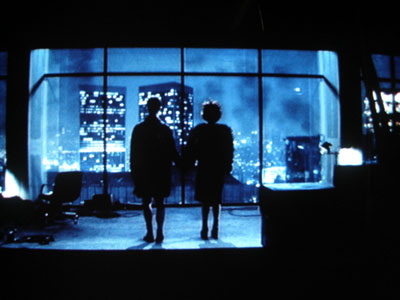
find someone to hold hands with: remember this
Not posting here registers a kind of disappearance. Where have I gone? Am I working? What constitutes labour when it is non-present? Is a life unrecorded in the 21C a life lived? Does not the precariat, the precarious immaterial class, take as much time archiving as doing? What precisely is the measure of this distance between doing and recording, acting and archiving? A desire to be done with it, enough with it, competes against the same urge to document. We are all tourists now: tourists, becoming a tourist, was the first manifestation of pathological levels of documentation. All must be photographed, recorded; the lived experience is better — oh, but isn’t it — in the re-telling than the actuality. The banality of “postmodern” readings (and this remains the ugly legacy of postmodernism) celebrated the retelling over the actuality. What is the actuality? So easy to diss this concept of lived experience – but in the critical deconstruction of presence, what the imitators forgot was the actuality or lived experience of thinking without a master. Actuality is living without a master. Writing is living too — but without a master. The only master being the master to take apart within the self (yes: this be alterity, otherness). Postmodernism found the easy-way out by generating endless critique of the lived plenitude instead of seeking its own experience thereof. Lived experience as the repetition of plenitude and suffering is the basis of anarchic living: organisation without mastery. And this concept has much more to do with the deconstruction of presence than the mere dialectical reversal of retelling over doing.
A strange kind of permanence is the new pathology. All actions recorded: one’s loves, hates, connections, events, photos, videos, sounds, names. The Net is the new fear of lived presence in its final, accountable record. Peter at the Gates has been replaced by Google in the Search Bar. Your Life: in 50 odd pages of depth. The transient occurs over time as links die, websites condemned to oblivion (but even then, Archive.org and the Wayback Machine attempt to sustain posterity; Google copies the entire Internet). The initial objections to the Net’s transience are now inverted, reversed, as instead objection grows over data-harvesting, the impossibility of severance, of making a damn relation end, when the evidence is scattered everywhere. Permanence threatens us: it is there when we don’t want it, and when we want it, it is gone.
Don’t we dream of an electron bomb, knocking out all electrical systems, wiping all hard-drives. This collective wiping of memory that would liberate forgetfulness by not forgetting liberation. The greatest act conceived was put to film in Fight Club: destroy the records of the banks, the credit card companies, the insurers. Disappear the financial, put to death what Marazzi calls the “financialization” of the world. Down, down, down.
Tags: cognitive labour, Coming Insurrection, disappearance, Marazzi
.tinyUrl for this post: | https://tinyurl.com/y3ntwx7b .




 RT
RT 
archiving disappearance (addendum) http://fugitive.quadrantcrossing.org/?p=225
archiving disappearance (addendum) « fugitive philosophy http://bit.ly/7J7PAx
[…] being, the economic position I find myself perched within (precariously, it would appear), and the exit strategies I can see that make up what I become in this anthronomics of the subject/precariat. And exit […]